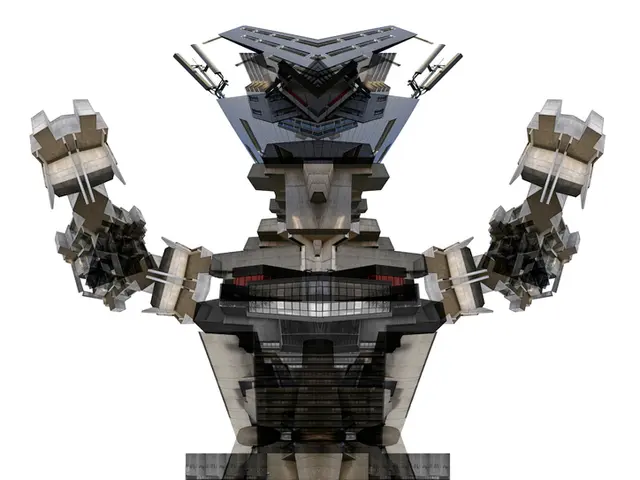Technologies touted as "smart" are being aggressively implemented in Yakutia.
Artificial intelligence (AI) is transforming the medical field, aiding doctors in analyzing patient data and processing medical images. At present, 55 Republican healthcare facilities are utilizing the Webiomed system, a tool that assists in decision-making by analyzing patient records, detecting hidden diseases, suggesting risk reduction strategies, and predicting potential complications. This technology reduces medical errors, enabling doctors to focus on direct patient interaction, and has witnessed a surge in demand, with query counts nearly equaling last year's total from January to May.
In the realm of medical image interpretation, AI is being extensively employed. In Yakutia, for instance, platforms like Sciberia Lungs and MosMedII are commonly used to identify pathologies on various imaging tests, including CT scans, mammograms, X-rays, and fluorograms, in just 15 minutes. Currently, 23 institutions are connected to these systems, with plans to expand to 67 by year's end. AI-assisted analysis of over 15,000 images led to the identification of diseases in nearly a third of the cases.
The broader application of AI in medical technology includes AI-powered tools in oncology that integrate genetic data, imaging results, and patient history to craft personalized cancer treatment plans, leading to faster treatment initiation and improved survival rates. In cardiology, AI-driven wearable devices detect arrhythmias and predict heart failure episodes, making earlier intervention possible and reducing emergency hospitalizations. AI systems in neurology analyze speech patterns and movement to detect early signs of diseases like Parkinson’s and Alzheimer’s, facilitating early diagnosis and intervention.
Moreover, AI tools like Paige’s PanCancer Detect and Ibex Medical’s Prostate Detect accelerate cancer diagnostics by enhancing diagnostic accuracy. AI-based decision-support systems are used across various medical specialties to enhance diagnosis accuracy and improve treatment outcomes, while AI-driven predictive models help anticipate disease progression and optimize treatment strategies.
In conclusion, AI has the potential to revolutionize patient care by improving diagnostic accuracy, enhancing personalized treatment plans, and streamlining clinical workflows across multiple medical specialties. The increased use of AI in medical technology is reshaping healthcare and offering patients more effective and efficient care.
Science and technology, particularly artificial intelligence (AI), are proving essential in health-and-wellness sectors, influencing medical-conditions diagnosis. AI-powered tools in oncology, like those that integrate genetic data, imaging results, and patient history, are crafting personalized cancer treatment plans, leading to quicker treatment initiation and better survival rates. Furthermore, AI systems in neurology focus on analyzing speech patterns and movement, aiding in the early detection of diseases like Parkinson’s and Alzheimer’s, enabling earlier interventions.







